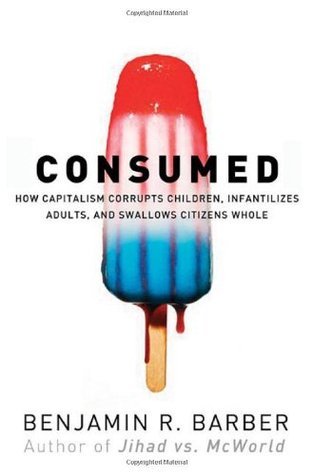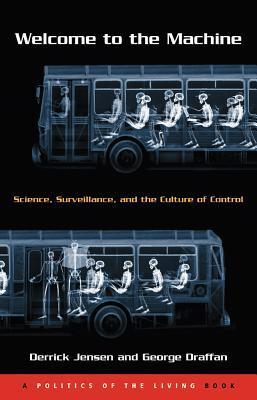
Culture Jam: How to Reverse America's Suicidal Consumer Binge - and Why We Must
Book Description
What if the relentless pursuit of status and stuff is leading society toward its own demise? Kalle Lasn's 'Culture Jam' plunges into the heart of America's consumer obsession, unraveling the pervasive culture that fuels addiction to advertising and materialism. With a raw urgency, Lasn challenges readers to confront the emptiness behind their shopping sprees and offers a bold vision for a collective reawakening. As he dismantles the facade of happiness promised by consumerism, he ignites a fire for change. Can we break free from the chains of relentless consumption and rediscover what truly matters?
Quick Book Summary
"Culture Jam" by Kalle Lasn is a searing critique of modern American consumer culture and the pervasive influence of media and advertising. Lasn argues that the relentless pursuit of material possessions and status driven by corporate marketing has led to a spiritual and environmental crisis. He exposes how television, branding, and advertising shape desires, distort reality, and promote an empty quest for happiness through consumption. The book advocates for "culture jamming" – acts of resistance that disrupt corporate messages, reclaim mental autonomy, and challenge the dominant narrative. Lasn urges readers to critically examine the structures controlling their lives and to participate in a cultural renaissance that values meaning, sustainability, and true connection over mindless consumption.
Summary of Key Ideas
Table of Contents
The Manufactured Reality of Consumer Culture
Lasn begins by exposing the artificial nature of America’s consumer culture. He explains how media and corporations construct a manufactured reality, which becomes more vivid and authoritative than lived experience. Mass media and pervasive advertising create a parallel world where happiness is equated with consumption, and identity is forged through brands. This leads people to internalize external prompts, resulting in a society that confuses desires generated by marketing with genuine needs and meaning.
The Role of Advertising in Shaping Desire
A central theme is the role of advertising in manipulating public perception and desire. Lasn dissects how powerful corporations invest billions to insidiously infiltrate minds via television, billboards, and digital platforms. Advertising doesn’t just sell products— it engineers aspirations, behaviors, and lifestyles. Over time, this constant bombardment dulls critical thinking and implants a chronic dissatisfaction, leading people to believe that fulfillment can only be bought. The book warns of a loss of independent thought as commercial messages become the background noise of everyday existence.
Psychological and Environmental Consequences of Consumerism
Lasn then discusses the deep psychological and environmental impact of unchecked consumerism. He connects the dots between rising mental health issues, social alienation, and the culture of relentless buying. The environmental costs— from pollution to resource depletion— also take center stage, as Lasn argues that consumption beyond our needs is not only unsatisfying, but destructive. He suggests that high rates of depression, anxiety, and general malaise stem from this spiritual vacuum and overstimulation, exacerbated by the clutter of marketing messages.
Culture Jamming as Resistance
To combat these forces, Lasn outlines the concept of "culture jamming"— creative acts that satirize or subvert corporate messages to expose their true intent. By hijacking advertisements or manipulating logos, culture jammers disrupt the mental monopoly of marketers. These interventions can shock viewers into critical awareness, offering the first steps toward reclaiming autonomy over their perceptions and values. Lasn highlights real-world examples of such activism, demonstrating the potential for collective resistance to shake up the status quo.
Toward a New Cultural Consciousness
Finally, Lasn calls for a reimagined cultural consciousness. He invites readers to withdraw from the consumer trance and re-engage with authentic sources of meaning: community, nature, and self-reflection. By fostering a more mindful, sustainable approach to living, citizens can undermine the illusion of happiness tethered to consumption. Lasn’s vision is both urgent and hopeful—a plea for individuals to become conscious agents of change and to participate in a deeper, more purposeful cultural renaissance.
Download This Summary
Get a free PDF of this summary instantly — no email required.





